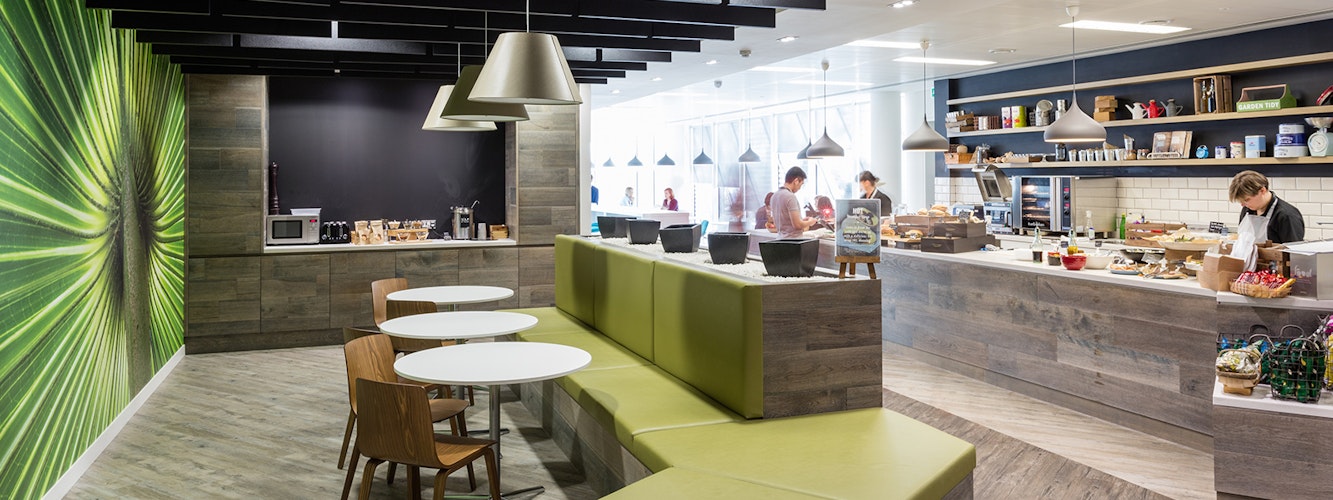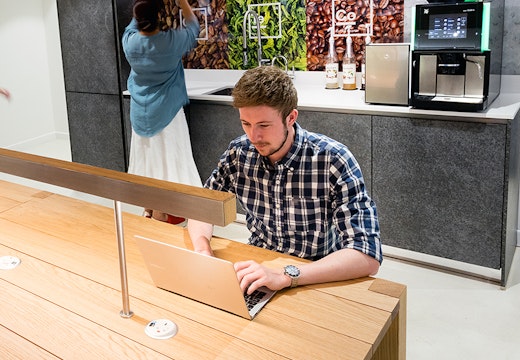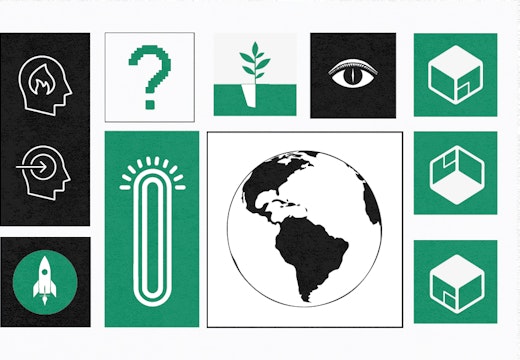How to be mindful at work: ten top tips
Mindfulness, essentially the art of being an observer of yourself, is increasingly being practised in the workplace as a way to combat burnout
There are no two ways about it – today’s business is a round-the-clock ordeal. We are hounded with external demands, overcome with information, asked to output more with less input, and balance our work/home lives like never before.
The result is more often than not a somewhat self-inflicted case of exhaustion, lack of focus, reduced health and wellbeing and ultimately burnout which can fatally lead to reduced job satisfaction, morale and productivity. But all this can be avoided.
In this context, mindfulness is defined as moment-by-moment awareness of thoughts, feelings, bodily sensations, and surrounding environment, characterised mainly by ‘acceptance’ – attention to thoughts and feelings without judging whether they are right or wrong.
1 Make a commitment to practice
The first step is to become more aware of being aware. Essentially mindfulness is the art of being an observer of yourself – your thoughts, feelings and behaviours.
2 Start slowly
If your tendency is to move at a very quick pace while getting your day started, focus on slowing yourself down. Even if you have to get many things done in a short time frame – you can control the racing to-do list in your mind. This will help regulate your energy in a different way.
3 Start each day with a few minutes of conscious awareness
Breathing is the key to enhancing your awareness. Instead of jumping right out of bed into your routine, take a few minutes to notice how you feel and consciously set your intentions for the day.
4 Listen to others
This requires you to shift your energy to the other person and take the focus off you and your mental to-do list, even for a few minutes. Be genuinely interested in what the other person has to say. Welcome positive comments and reflection, and be conscious of avoiding negative chit-chat. Encourage others, and in doing so, you create a proactive mindset. The ‘problem’ often isn’t the problem; our reaction to it is the problem.
5 Think about others
Consider ways to recognise co-workers’ accomplishments, needs, and difficulties and practise small, simple acts of empathy and kindness that may lighten their load. They have lots to do too! Also, when engaging with others, try to understand before you seek to be understood.
6 Pay close attention to your body language
The way we use our body has a powerful effect on improving or diminishing our attention levels. Sitting hunched at a desk can both physically and mentally reduce the scope of our peripheral vision. Crossing arms across your body creates a barrier between you and those around you; such body language can make you look ‘closed off’ and people may be nervous about approaching you. How we feel on the inside often translates on the outside so take pride in your appearance; sit and stand tall.
7 Watch your language
Work on being proactive, not reactive: think ‘I control my own feelings’ as opposed to ‘he makes me so mad’. We’ve all heard the saying, ‘I think, therefore I am’. Well, here’s a new one for you – ‘I say, therefore I do’. The words you use can affect your attitudes, which in turn cue your actions. When you tell a colleague that you are ‘slammed’, ‘stacked’ or ‘up against it’ – you are both creating and reinforcing negativity. It comes back to self-fulfilling prophecy. If you tell yourself or others, ‘I can’t cope with my workload’, then you probably won’t. Whereas if you say, ‘Yes I’m busy but it’s nothing I can’t handle’, then you’re setting off in a better mindset. It’s far easier to tackle things when you’re in a better state of mind.
8 What do you want?
Take a few minutes to identify what you would like your outcome to be in certain interactions – an important call, email or meeting. Most of us find ourselves in the midst of interpersonal situations with no idea of what we really want. In other words – know your intention.
9 Reflect
Find some time at the end of your workday or in the evening for self-reflection. It’s challenging to do this without judgment – but try to simply reflect without over-analysing or giving yourself a hard time.
10 Design
Having a space to get away from it all can certainly improve your wellbeing, and in turn help us to be mindful, and practise the above tips. Acoustically treated meeting pods, for example, are a great way to take yourself off – to consider, reflect, or just work calmly, without completely closing the door on what’s going on around you.
In summary, as his holiness, the Dalai Lama states: ‘If we examine ourselves every day with mindfulness and mental alertness, checking our thoughts, motivations, and their manifestations in external behaviour, a possibility for change and self-improvement can open within us.’








